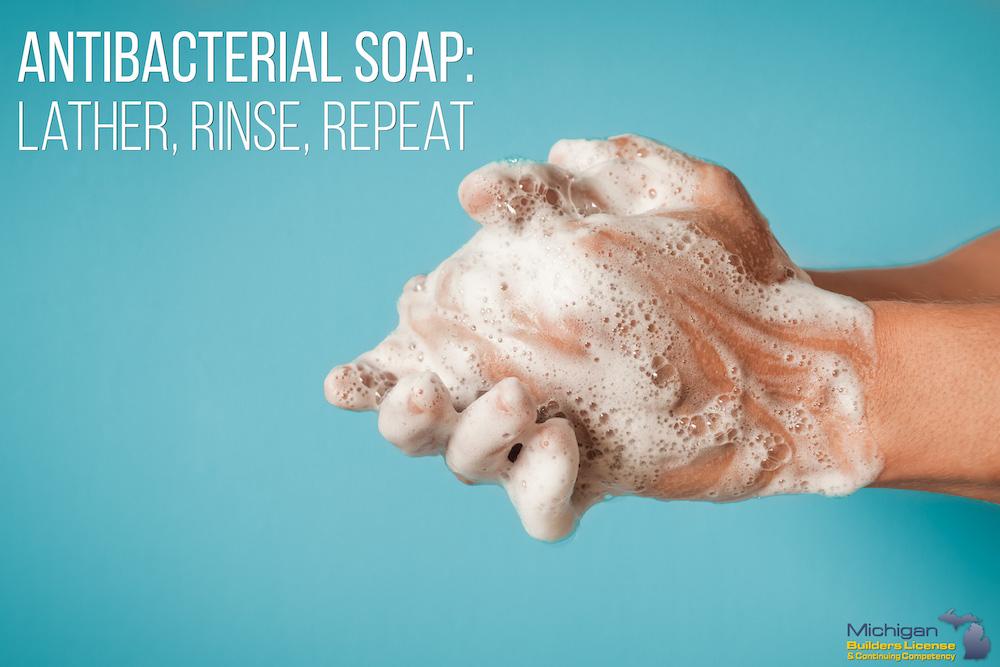Did you know that you can use ashes from your wood fire to create a “soap” that can be used to clean your pots and pans? It’s actually a very simple process that has been used in some form or another for a very long time.
- Let your fire burn down to the point where it is cool enough to remove the ash without burning yourself.
- Select the pot you need to clean. If the food residue is not very greasy you can help the soap making process along by adding a small amount of fat or oil into the pot. Butter, margarine, olive oil, animal fat, etc. are all good. Just a few drops is all you need.
- Shovel a few cups of ashes into the pot. Be sure to add in a few lumps of charcoal from the fire as this will aid in scouring.
- Add enough hot water to the wood ashes in the pot to make a paste. Because you are cleaning gear that will be touching food, you must make sure this water is free of disease-causing organisms as stated in step one. You can either first boil this water to make it safe or first add some hot coals to them. These hot coals should raise the water up to a high temperature to destroy any organisms in the water.
- When the water and wood ash paste is cool enough smear it all over your cooking gear and let it sit for several minutes. This is where the chemical reaction takes place that makes your wood ash soap.
- Scrub your mess kit or gear until the residue is completely removed.
- Rinse with clean water but make sure that you do this well away from your fresh water supply, so as not to contaminate it.
You might be wondering “how does this work?”
The hot water will help break down the wood ash into potassium salts. These salts will then mix with the fats or oils in the leftover food residue which creates a very crude form of soap that will lather and cut through the crud and grease on your cooking gear.
This type of soap making was initially observed in ancient Babylon (2800 B.C) and even though we have refined the process since then, it never hurts to know how to get back to the basics.





